DESCRIPTION
Successful performance management means staffs’ performance matches your organization’s goals. This can be achieved through four key processes: setting clear objectives, monitoring performance, reviewing performance and improving performance. This course invites you to step back from your own situation and focus on themes of understanding and improving performance through the people you manage.
This course provides the tools and techniques you need to improve performance in your team, department or project. The course promotes a proactive and systematic approach to performance management by highlighting how managers can agree performance objectives with team members, set up mechanisms for reviewing progress and actively support improvements in performance.
This course explores the elements, purposes, and types of performance appraisal systems. Through an interactive case study, the course covers the assessment and implementation of a performance appraisal system.
OBJECTIVES
At the end of this program the participants will be able to :
- Develop the vision and skills that result in real team commitment
- Identify organizational mission and relate it to organizational goals and performance standards
- Prepare and conduct a planning meeting to establish outcome-focused performance plans
- Discuss the benefits of performance management to employees, managers and Organizations
- Work to improve poor performers and apply coaching techniques to unlock employee potential and maximize performance
- Structure a framework for mutually effective learning and development
- Set and track measurable performance objectives
- Coach, train, and support their team members to achieve top performance
- Teach their teams to write and execute effective action plans
- Explain steps in benchmarking and discuss various approaches to benchmarking
- Demonstrate how individual goals link with strategic objectives for one organization
PREREQUISITES
This course is for all individuals working in the field of human resources.
TARGET AUDIENCE
This program is valuable for HR managers, managers, aspiring managers or any key personnel responsible for implementing or maintaining performance management and/or appraisal systems within their organizations, Non-HR business professionals desiring a fast-track introduction to the business human resources function and Line managers wishing to improve their knowledge and skills in managing subordinates. Recruiting professionals and administrative personnel who support the performance management process.
PROGRAM OUTLINE
- Successfully Align your Employee Goals with your Overall Business Strategy & Objectives
- Setting individual & departmental goals
- Linking your department’s function to the overall company vision, mission, strategies & goals
- Creating a business plan that feeds into the corporate vision
- Setting up a team performance plan to reach business objectives
- Developing individual action plans & personal performance contracts
- Drawing up work profiles
- Identifying key people in your department who can support other employees to enhance performance
- Ensure Commitment & Buy-In Strategy
- How are individual & departmental goals linked to the corporate vision
- Employee performance impact on business results
- Involve employees when drawing up your department’s business plan
- Organize team building exercises to reinforce your department’s business goals
- Set objective individual goals during a special one-on- one meeting
- Negotiate target setting with your employee
- Develop clear personal action plans
- Utilize key communication tools to create awareness around performance management
- Use employee feedback & suggestions constructively to rectify weaker performance areas
- Performance Process
- Training Needs Analysis (TNA)
- Determine Organizational Need And Expectation
- Determine Current Skill Level
- Evaluating Training Gap
- Develop Training Needs To Meet Gap
- Training Methodology
- Experiential Learning
- Self Evaluation Instruments
- Individual Coaching Follow Up
- Enhance your Department’s Performance by
- Setting Realistic Standards & Negotiating Win- Win Contracts
- Establishing expectations of the department & determining how employees contribution
- Developing performance standards according to these expectations & recording them
- Highlighting all requirements, roles & responsibilities of a specific job function in a performance contract
- Reaching an agreement with the employee on what expectations are
- Using a rating system or criteria to measure actual performance on three levels
- Creating development areas in your department & ensuring/promoting continuous improvement
- Setting up a performance record for each employee & developing a personal plan
- Enhance your Department’s Performance by Setting Realistic Standards & Negotiating Win- Win Contracts
- Establishing expectations of the department & determining how employees contribution
- Developing performance standards according to these expectations & recording them
- Highlighting all requirements, roles & responsibilities of a specific job function in a performance contract
- Reaching an agreement with the employee on what expectations are
- Using a rating system or criteria to measure actual performance on three levels
- Creating development areas in your department & ensuring/promoting continuous improvement
- Setting up a performance record for each employee & developing a personal plan
- Boost your Performance Management System by Linking it to an Effective Remuneration/Reward Plan
- Rewarding good performance in front of peers
- Establishing a system where employees can allocate points to each other
- Using performance ratings to determine bonuses
- Introducing additional financial incentives on a regular basis
- Utilizing the reward system to develop leaders
- Recognizing qualifications & work experience when rewarding good performance
- Implementing a team reward system in order to encourage individuals to perform as a team
- Basic Supervisory Skills
- The Role Of The Supervisor
- The New Role Of Supervisor-Making The Transition
- Planning And Organizing
- Delegation
- Motivating
- Leadership
- Time Management
- Team Building
- Managing Change
- Effective Communication
- Conflict Resolution
- Managing Difficult Employees
TRAINING METHODOLOGY
We use an interactive teaching and learning methodology that encourages self-reflection and promotes independent and critical thinking. The learning process is reinforced through the use of practice examples, questions and debate designed to stimulate a critical and questioning approach by delegates. A high level of delegates’ participation is encouraged to ensure that the conceptual knowledge and management skills acquired can be directly applied within the learner’s workplace.
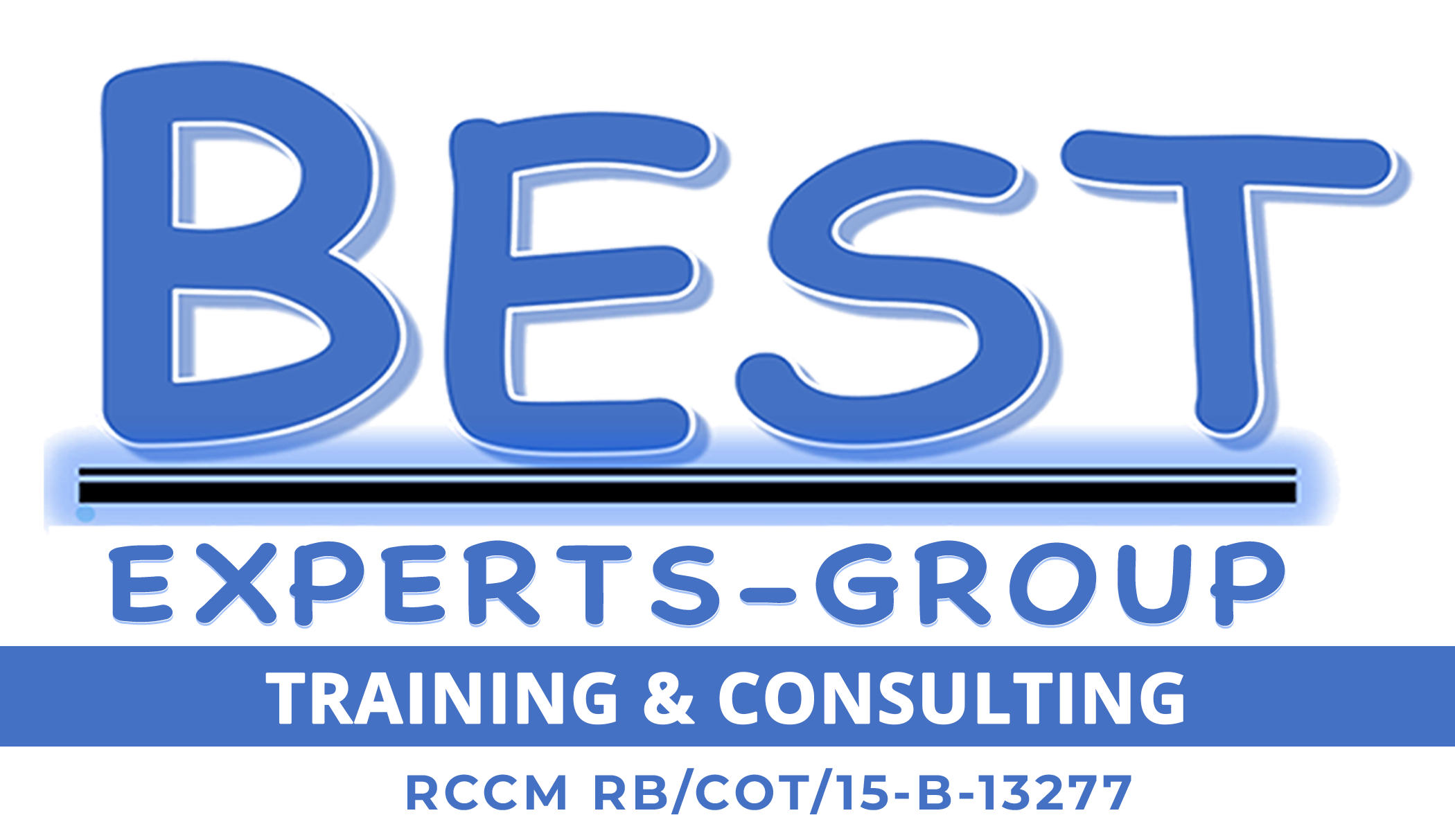
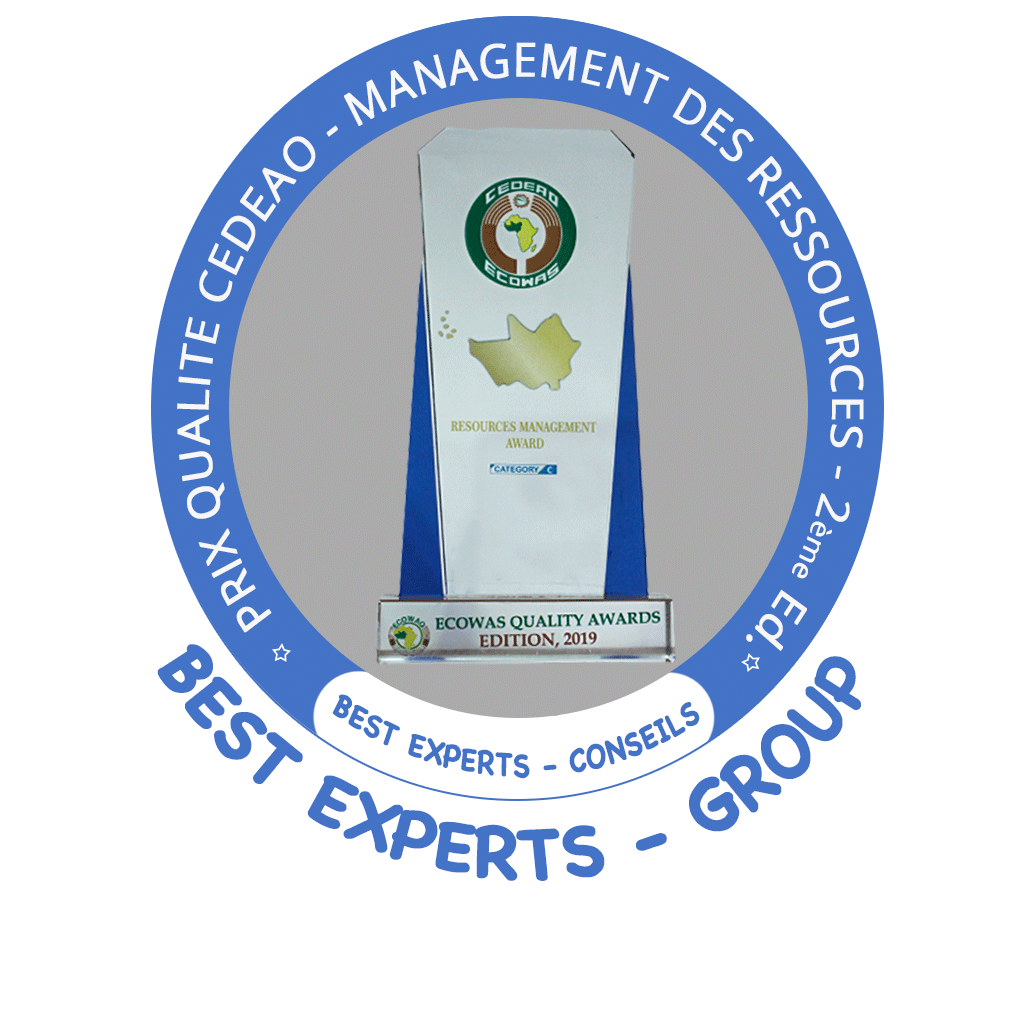

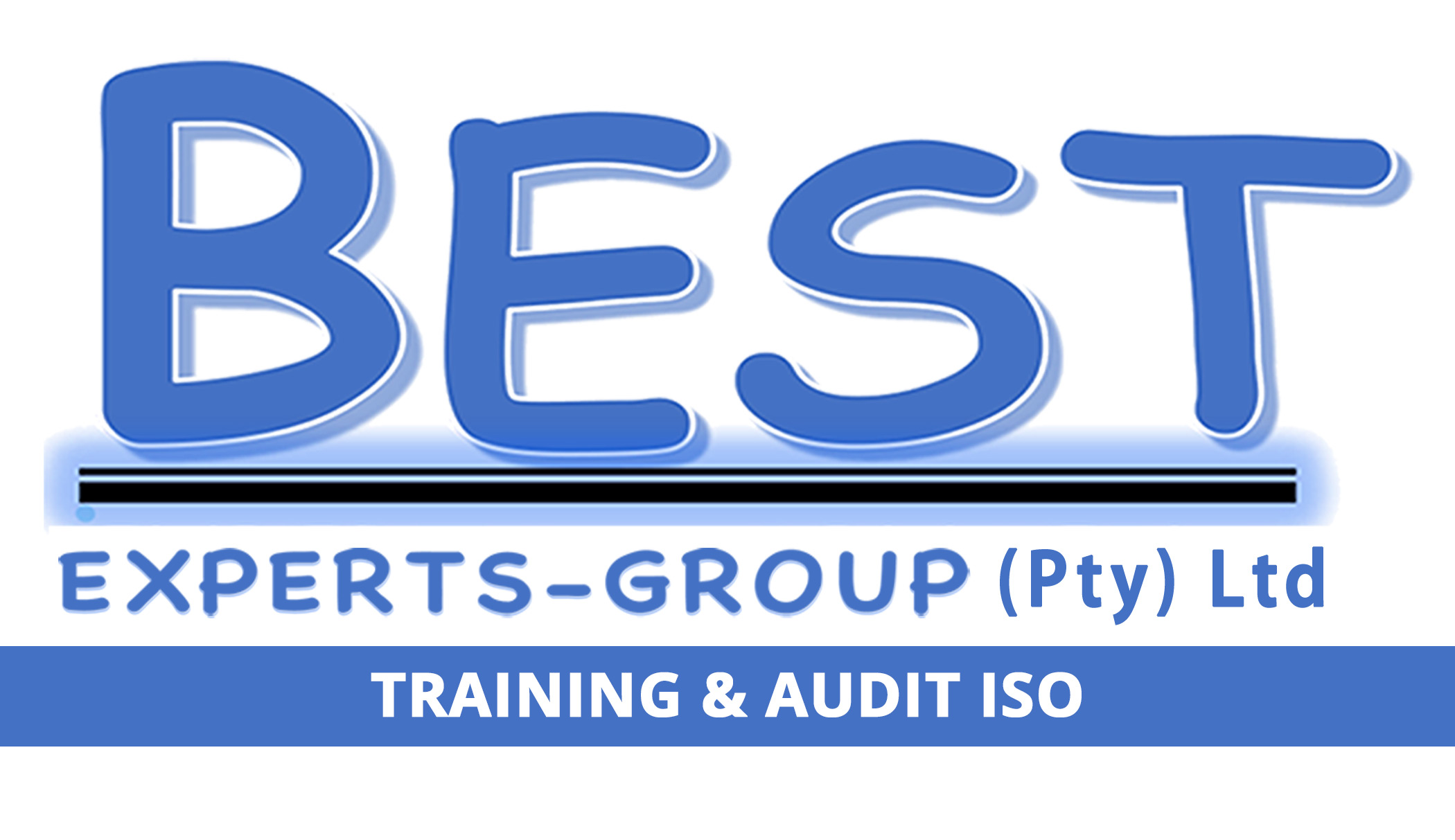
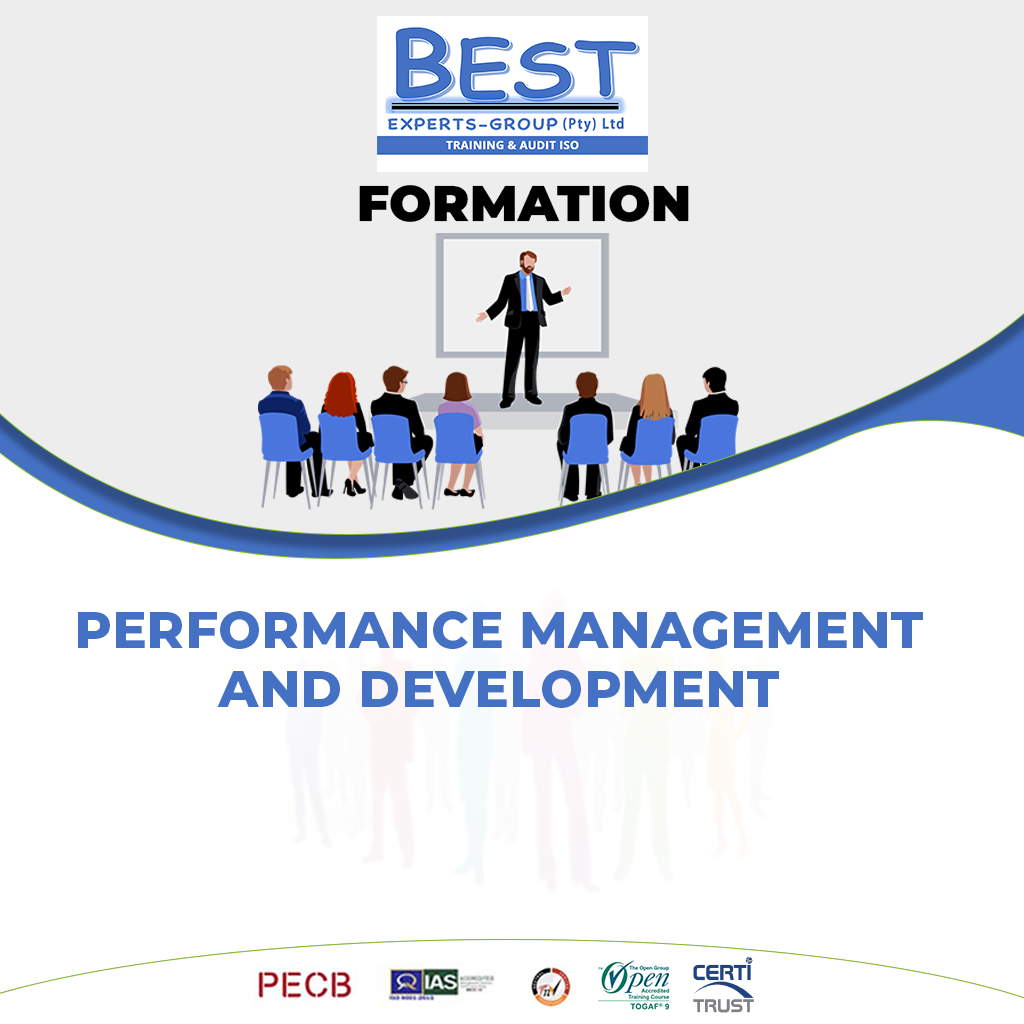

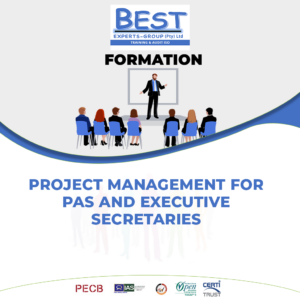
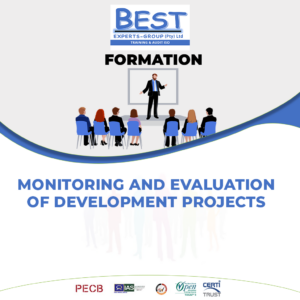
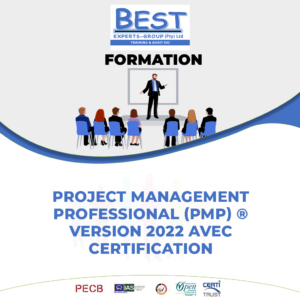
Avis
Il n’y a pas encore d’avis.